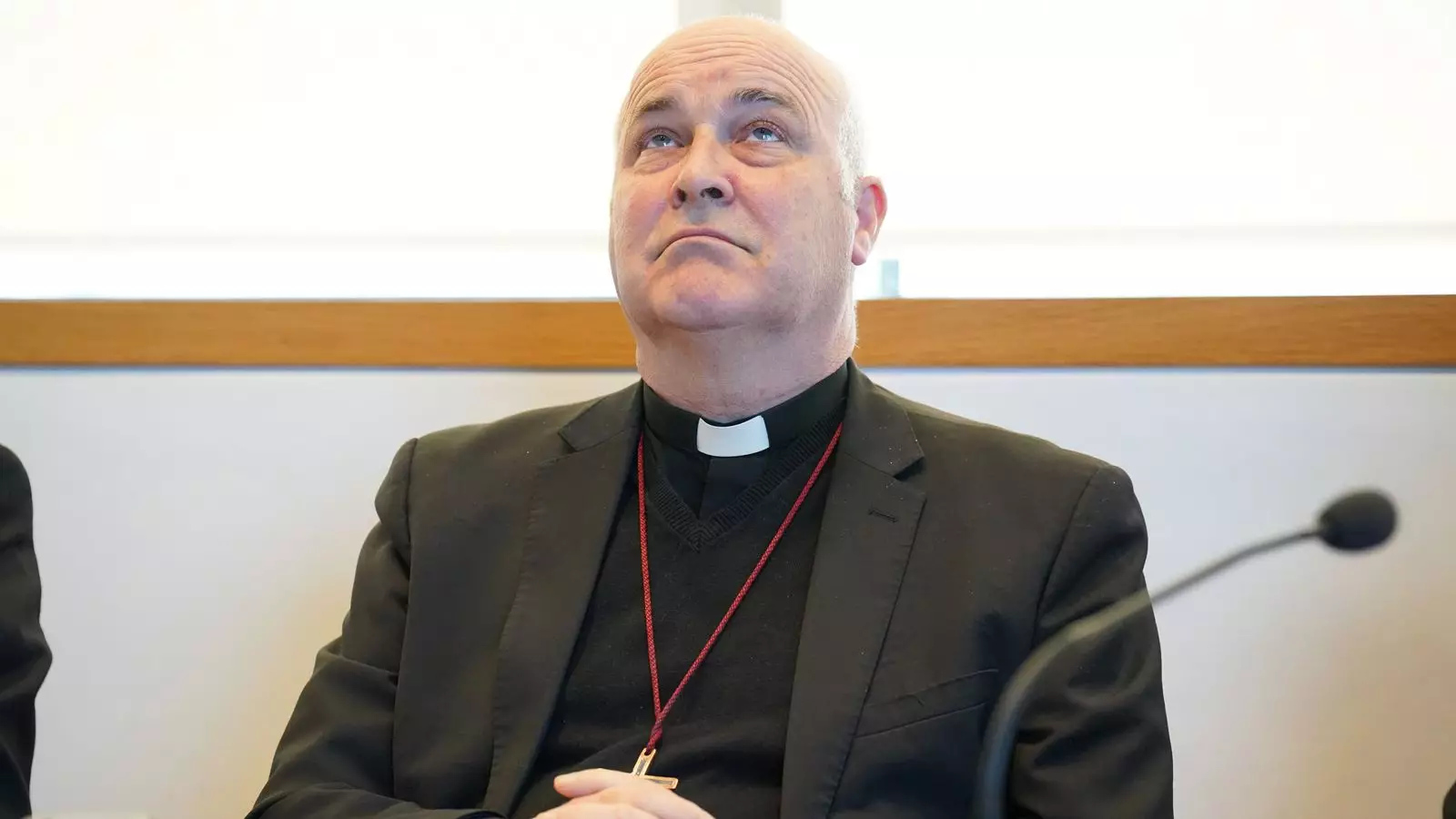As the holiday season approaches, the Church of England finds itself at a crossroads, grappling with serious internal strife and a tarnished reputation. In the upcoming Christmas Day sermon, the Archbishop of York, Stephen Cottrell, is set to deliver a poignant message urging the Church to “kneel in penitence” and embrace meaningful change. This call for introspection is particularly critical given the Church’s historical missteps, especially concerning the handling of abuse scandals that have rocked its foundation. It’s a moment that not only highlights the need for accountability but also the necessity for spiritual renewal within the Church’s community.
Cottrell’s sermon takes added significance as he prepares to step into a more prominent leadership role in January following Archbishop Justin Welby’s resignation. Welby’s impending departure is rooted in serious allegations about his failure to report the notorious abuser John Smyth to authorities back in 2013. The consequences of this silence have led many to question the integrity and moral compass of the Church’s leadership. Although Cottrell steps into this role with intentions of remorse and reflection, he himself is not untouched by controversy. Recently, he faced calls for resignation due to revelations surrounding David Tudor, a priest who remained in positions of trust despite allegations of sexual abuse.
The juxtaposition of Cottrell’s call for humility and the shadows of his own leadership decisions raises the question: can true reform occur while connected to past failures? Authentic change often requires not just acknowledgment but also a commitment to action aimed explicitly at accountability and transparent governance.
Central to Cottrell’s sermon is the theme of vulnerability, represented by the birth of Jesus. He is expected to emphasize the story of the nativity as a representation of love and vulnerability in stark contrast to the oppressive forces that seek to undermine it. This dichotomy serves not only to highlight Christ as a beacon of hope but also to remind the Church of its mission to embody such values in the world today. Emphasizing the essence of love and compassion, Cottrell is poised to challenge the Church to put the needs of others ahead of its institutional interests, particularly during a season marked by generosity.
This appeal to prioritize marginalized individuals—such as the cold, hungry, and abused—forms a pivotal aspect of Cottrell’s anticipated message. It is a clarion call to uplift those who have often been overlooked, urging the Church to lead with integrity rather than fear. However, the effectiveness of these words will depend heavily on the Church’s actions following the sermon. Can the Church genuinely shift its focus outwardly to aid those in need, or will it remain caught in the cycle of internal conflict and scandal?
Despite the hopeful tone Cottrell seeks to convey, criticism looms heavily over his messaging. Survivors of abuse within the Church have expressed that his attempts at reform, while appreciated, have not been adequately fortified by genuine acknowledgment of pain and harm. This distrust is echoed by other bishops who question Cottrell’s explicit responsibility and ability to lead effectively. Their sentiments reflect a broader apprehension regarding the institution’s penchant for prioritizing image over accountability.
As the Church navigates this complex landscape, it is imperative for its leaders and congregants alike to engage with the uncomfortable realities of its history. As Cottrell prepares to share his Christmas message, he must confront not only the stories of hope found in the nativity but also the deep-seated issues that have caused so much suffering.
Ultimately, the challenge for the Church of England lies in the sincerity of its repentance and the actions that follow. Real change in an institution fraught with scandal requires more than just words; it calls for a collective commitment to justice, healing, and renewal. Cottrell’s upcoming sermon serves as a litmus test—not only for the Church’s future but also for the faith of its faithful. The world will be watching to see if the Church can rise to the occasion, embody the love it preaches, and genuinely transform itself into a force for good in society. Only then can it truly celebrate the spirit of Christmas and the promise of new beginnings.

